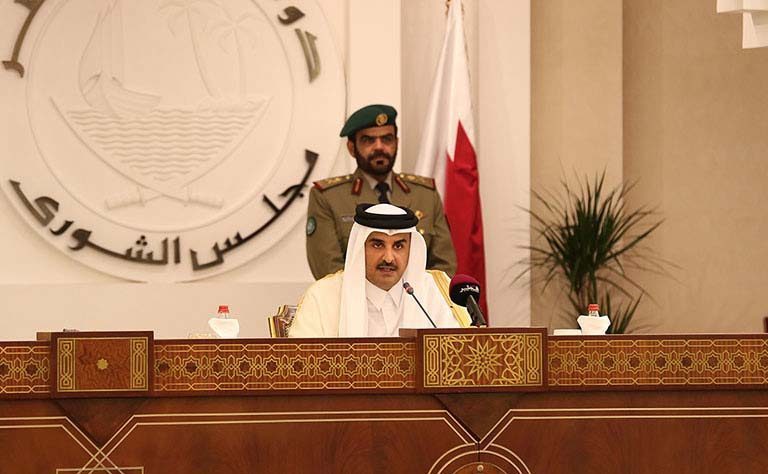
As Qatar prepares its budget for the new fiscal year, ministries, agencies and companies that receive government funding have been given a set of strict guidelines while preparing their salaries and expenditures estimates for 2016.
The instructions include coming up with a plan for “replacing existing expatriate employees with skilled professional Qataris in various posts,” the Peninsula reports.
Qatarization is a long-standing goal of the government, but has been difficult to achieve because there are not enough nationals who are able and willing to fill the government’s quotas, especially in the private sector.
Budget
The budget guidelines come as officials work to control spending amid expectations that Qatar will register its first deficit in more than a decade next year, thanks in part to falling oil prices, which influence the price of natural gas.

Also for the first time, the new fiscal year will begin in January, instead of April, to mirror businesses and international financial organizations that follow the calendar year.
Because of this, agencies have been working off of an interim budget for the remainder of 2015.
Taking that into account, the Ministry of Administrative Development has instructed government entities to provide separate draft estimates of this year’s budget, as well as estimates for 2016 and beyond.
According to the Peninsula, the circular stated that:
“It is critical to enhance financial performance and fund management ministries and government agencies for a sustainable economic development of the country.
In case a government office fails to furnish details on time and according to guidelines, the ministry will submit budget estimates to the Ministry of Finance on behalf of these entities.”
New era
Qatar began working to cut the fat from government even before oil prices dropped, following the handover of power to Sheikh Tamim bin Hamad Al Thani from his father.

Speaking to the Advisory Council last year, the Emir said:
“Waste, extravagance, mishandling of state funds, lack of respect for the budget, reliance on the availability of money to cover up mistakes are all behaviors that must be disposed of.”
Months later, Sheikh Tamim passed a new law that grants additional powers to the country’s finance ministry, presumably to bring overspending departments in line.
Qatar Minister of Finance Ali Shareef Al Emadi said at the time that the new measures aim to “protect public funds.”
“The law would boost the efficiency of public spending by tracking income and expenses accurately and continuously,” he added.
Thoughts?







